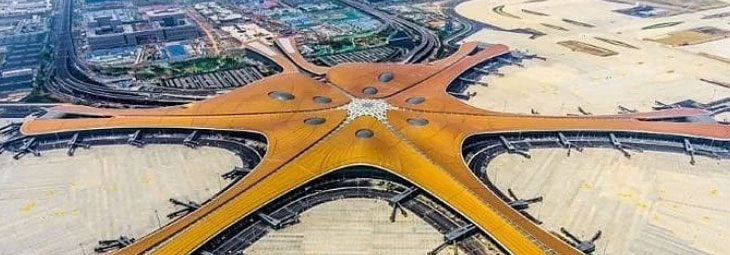


The low-altitude economy is a new type of productivity that relies on low-altitude airspace, centers around low-altitude flight activities, and integrates technologies such as unmanned aerial systems and low-altitude intelligent networks. It has significant implications for urban planning, including optimizing urban spatial structure, upgrading industrial composition, driving smart city development, and enhancing urban spatial governance. The application areas of urban planning in the development of the low-altitude economy include planning low-altitude flight routes and stations, spatial planning for low-altitude industries, low-altitude airspace management, and the construction of smart infrastructure.

Source: https://www.sciencedirect.com/science/article/pii/S0959652625004007
Edited and translated by Ma Chenshuo